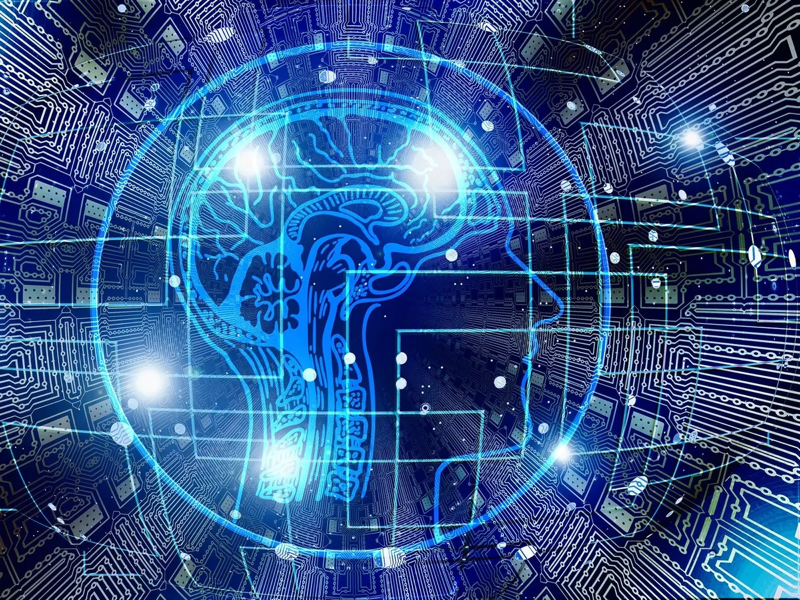
Plastic Injection and Eco-Friendly Manufacturing: A Sustainable Approach
In today's world, where environmental concerns are paramount, industries are reevaluating their production processes to minimize their carbon footprint. Plastic injection molding, a widely used manufacturing method, is no exception. In this blog post, we will explore the importance of reducing plastic waste, utilizing recycled materials, and enhancing energy efficiency in plastic injection molding. We'll also discuss the role of artificial intelligence (AI) software in achieving eco-friendly manufacturing practices.
Reducing Plastic Waste
One of the most pressing environmental issues of our time is plastic pollution. Plastic waste negatively impacts ecosystems and human health. Plastic injection molding plays a significant role in the production of various products, but it also contributes to plastic waste. To address this concern, manufacturers are adopting practices such as:
- Design Optimization: Reducing the use of plastic through thoughtful design, ensuring products are efficient and durable.
- Material Selection: Choosing biodegradable or easily recyclable plastics for injection molding.
- Waste Minimization: Implementing efficient molding processes to reduce excess material and scrap.
Recycling and the Use of Recycled Materials
Recycling is a key component of eco-friendly manufacturing. Plastic injection molding can benefit from recycling in two ways:
- Recycling Post-Consumer Plastics: Reusing plastics from discarded products to create new ones.
- Utilizing Recycled Materials: Incorporating recycled plastics into the manufacturing process, reducing the need for new raw materials.
Recycled materials not only conserve resources but also require less energy for processing, contributing to a greener production cycle.
Energy Efficiency in Plastic Injection Molding
Energy consumption is a significant aspect of manufacturing. Here's how plastic injection molding can enhance energy efficiency:
- Advanced Machinery: Modern injection molding machines are designed to be energy-efficient, optimizing heating and cooling processes.
- Process Monitoring: AI-powered software can monitor and adjust parameters in real-time for energy savings.
- Smart Tooling: Implementing intelligent tooling designs that reduce energy usage during production.
The Role of Artificial Intelligence
AI plays a vital role in eco-friendly manufacturing. AI-driven software can optimize various aspects of plastic injection molding:
- Predictive Maintenance: AI can predict machine maintenance needs, preventing breakdowns and reducing downtime.
- Process Optimization: Real-time data analysis helps adjust injection parameters for improved efficiency.
- Material Selection: AI can suggest the best materials based on environmental impact and performance.
In conclusion, plastic injection molding can align with eco-friendly manufacturing practices by reducing plastic waste, incorporating recycled materials, and enhancing energy efficiency. Artificial intelligence software further strengthens these efforts, making manufacturing processes more sustainable. By embracing these practices, manufacturers can not only contribute to a cleaner environment but also benefit from cost savings and improved product quality. It's a win-win for both industry and the planet.
With the
Also you can choose who to reach out to for new purchases and which supplier to create a price & capability model with in seconds. You can make your business more stable with machine learning and create your data securely on a cloud-based or device-independent basis. You can



